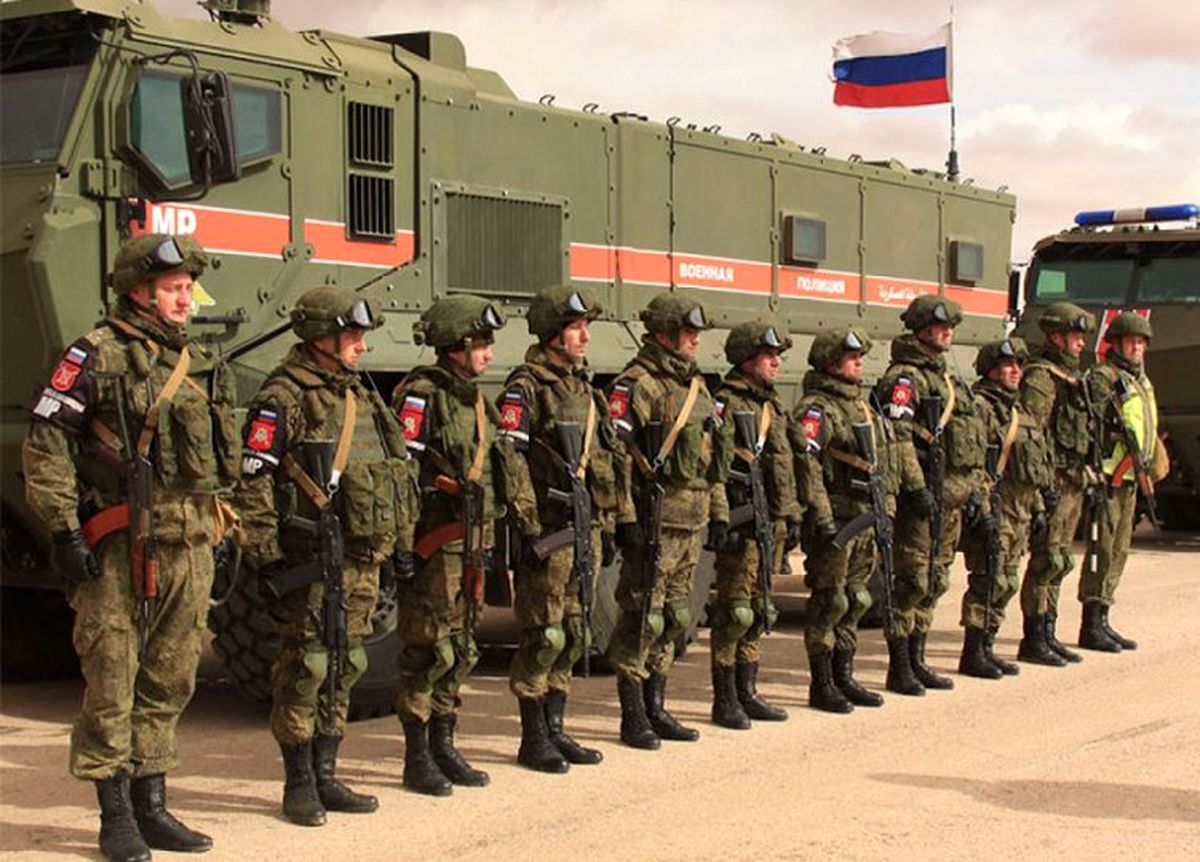With the beginning of Ukraine crisis in 2014, followed by the annexation of Crimea to Russia, tensions between Moscow and the West have taken an upward trend. Since then, the West has reacted to Moscow’s actions with pressure, especially through sanctions, but recently deployment of Russian troops on the Ukrainian border has raised the alarm more than ever. This military approach, which Western officials believe indicates Moscow’s readiness for a military strike, has come under serious threat from the US and European officials.
In this regard, on Friday, December 17, Russia published two draft security agreements and requested an immediate meeting with Washington officials. In the form of the two drafts, Moscow wants NATO to reject the membership of Ukraine and other countries within the realm of the former Soviet Union. Moscow is also calling for a ban on US and Russian warships and warplanes being sent to areas from where they could invade each other’s territory. In addition, the suspension of NATO military exercises near Russia is one of the provisions of the drafts. Documents of the Moscow agreement also prohibit the United States and other NATO allies from engaging in any military activity in Ukraine, other Eastern European countries, and the former Soviet republics of the Caucasus and Central Asia.
Such demands show Moscow’s sensitivity and seriousness to the issue of NATO enlargement, and especially under the current situation with regard to Ukraine. Russia insists that the West has fanned the fuel of the crisis by instilling anti-Russian sentiment in Ukraine and providing it with weapons. Russian Deputy Foreign Minister Sergei Ryabkov has described the confrontation in Ukraine as a vital threat to Russia’s security.
However, Russia’s recent stance and demands are unacceptable for Europe and the United States, and insisting on them, while at first glance would block any negotiations, could be an initiative by Russia to come to the negotiating table; that is to say, raising unacceptable demands but ultimately compromising with the other party with higher achievements.
In addition, such demands show Russia’s seriousness over Ukraine. As Russian officials have acknowledged, Russia’s tough approach echoes its concerns. In this way, Russia shows its red lines clearly. Russian President Vladimir Putin told Russian diplomats in November that their recent warnings have been heard and have a clear impact.
In this regard, Russia seems to be influenced by the perception of the Moscow authorities of the status quo of the international system, on the basis of which Moscow is doomed to adopt a new approach to foreign policy. Some of the foreign policy actions of that country can be analyzed in the same direction. In other words, Moscow wants to play role in the size of a great power, and this position be verified by others. Along with the country’s peripheral policies, another example is the presence in Syria, which makes Moscow, along with Washington and Beijing, an effective actor in the Middle East. Therefore, the Kremlin has a serious motive not to become just one of the axes of China-US rivalry.
On the other hand, the perception of the declining position of the United States and the priorities that Washington is currently defining for itself also contribute to the escalation of Russian tensions with the United States. For example, the unsettled US withdrawal from Afghanistan could have led Moscow to the conclusion that Washington could not be active on several fronts. Also, tensions in other regions, such as Taiwan in confrontation with China, could have encouraged Russia to impose its demands on the United States.
However, if the United States complies with some of Russia’s demands, reduction in tensions between the two sides can be expected. Despite the rifts, talks between the two sides could perhaps reduce tensions, pushing Russia away from China as a long-term goal for Washington.
With such explanations, it seems that Russia, on the one hand, wants to be recognized its security concerns, and on the other hand, consolidate its position as a major power in a world that, from the Russian point of view, is on the verge of a new situation. It can move towards a multipolar system. For this reason, and in line with this position of tension in one situation, it will not necessarily lead to a military confrontation, which could have many negative consequences for Russia, and on the other hand, it does not mean abandoning cooperation in other areas.
